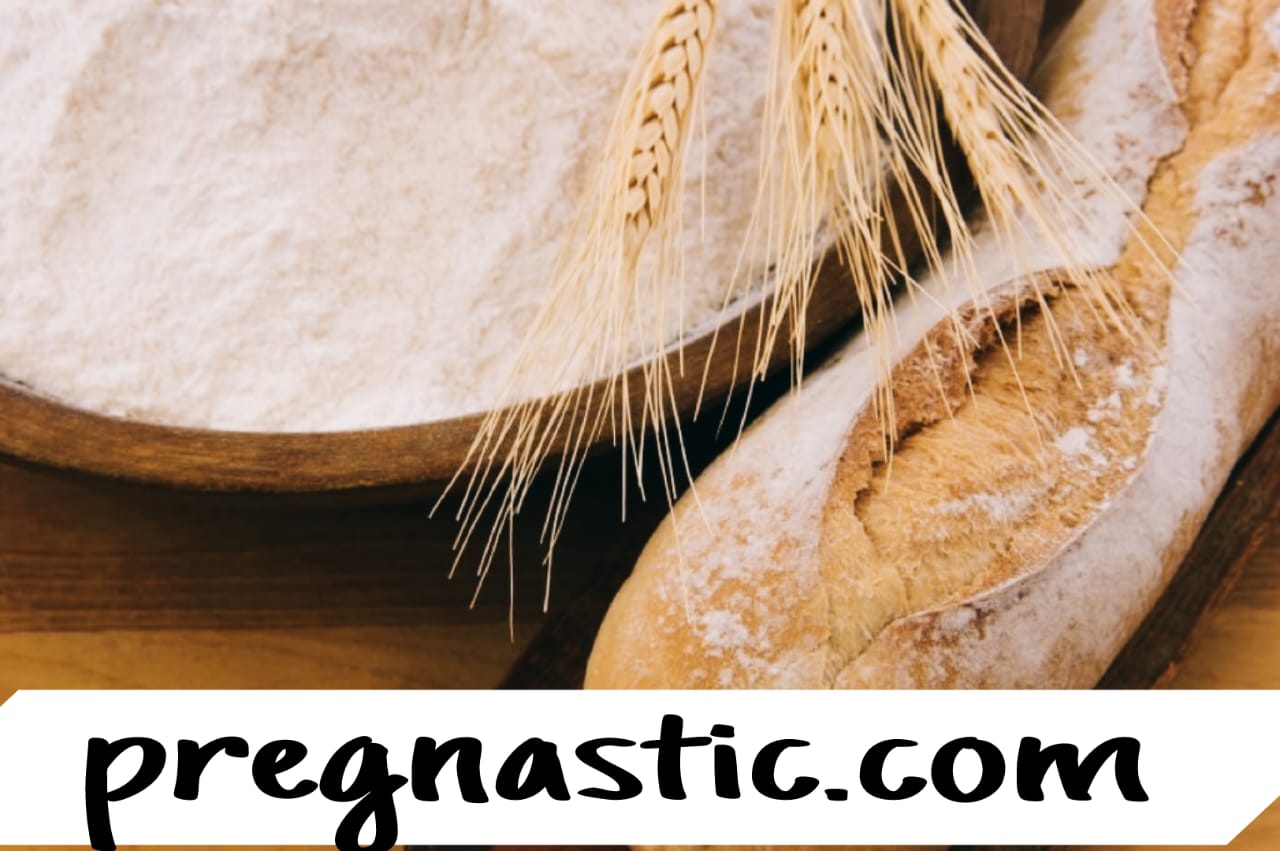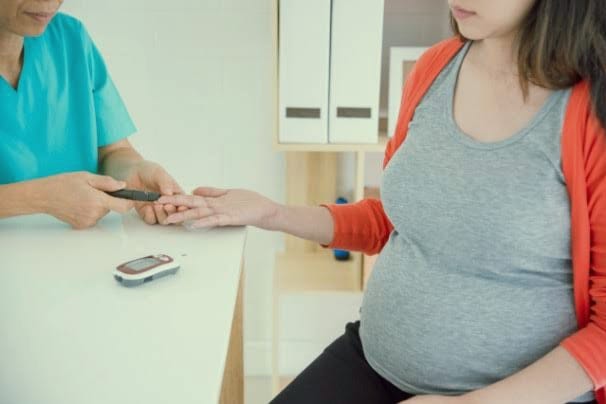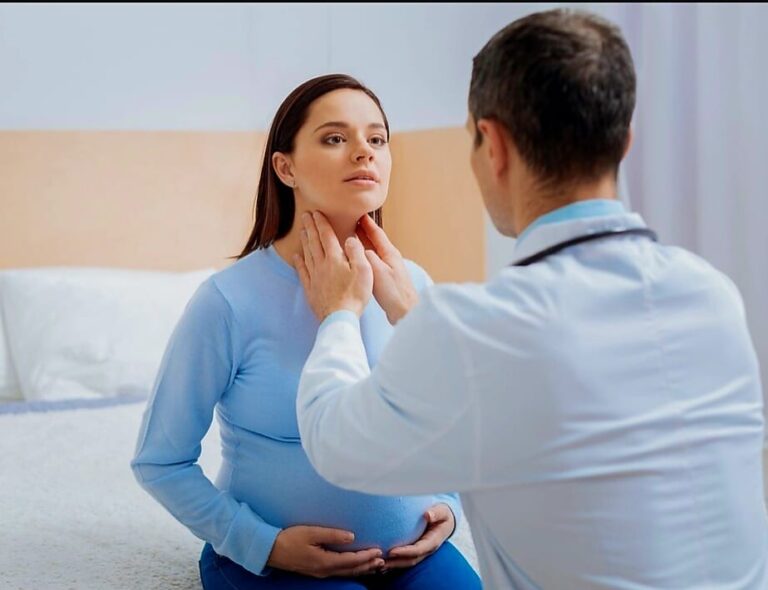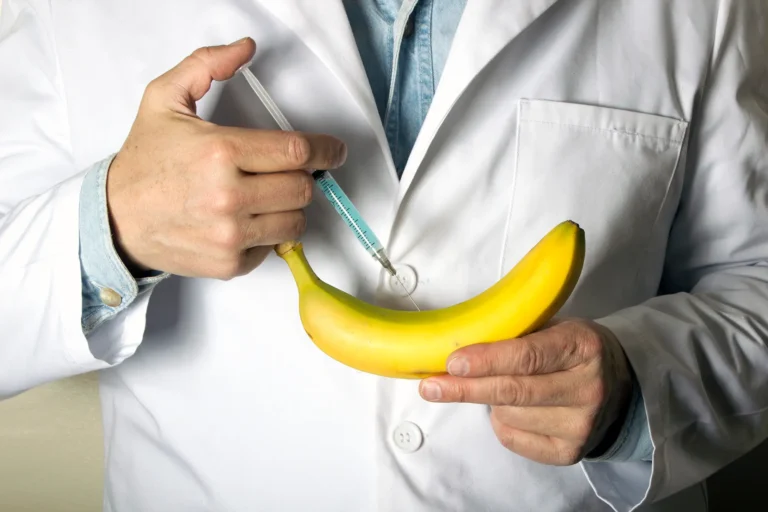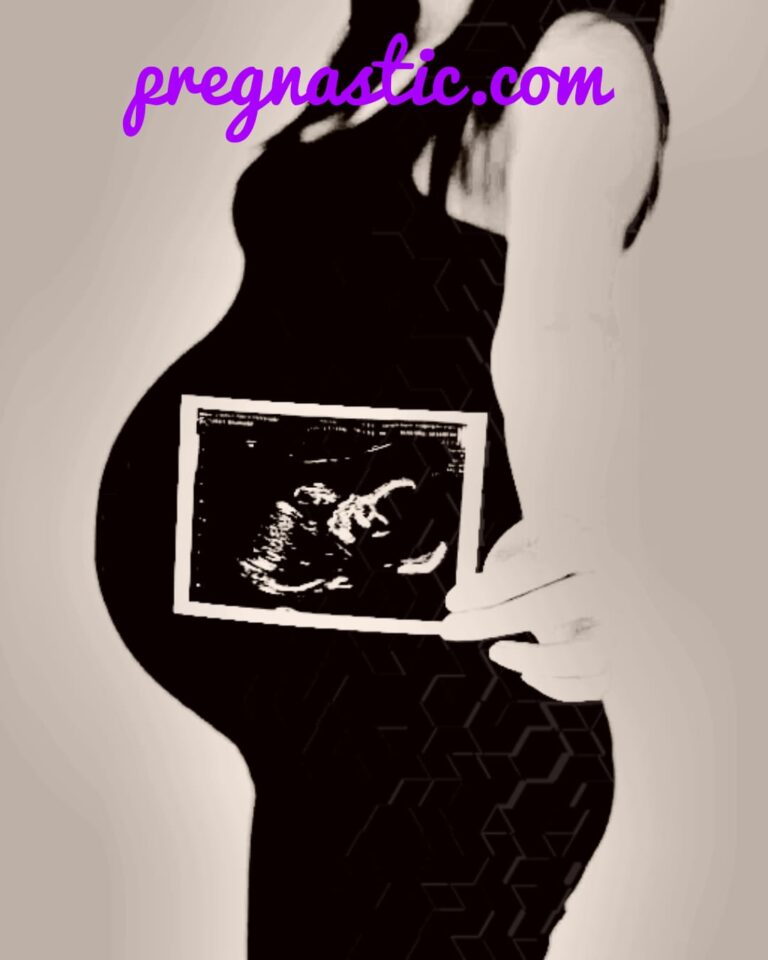Food allergies and Pregnancy
Food Allergies and Pregnancy
Introduction:
Navigating food allergies during pregnancy adds an extra layer of complexity to an already challenging time. A pregnant woman with a food allergy should be able to steer her condition while also looking after not only her own health but also of her developing child. This article will examine how handling food allergies in pregnancy complicates daily life, the impact on maternal and fetal health, and some strategies to ensure safe and nutritious eating.
Understanding Food Allergies in Pregnancy
Food allergies are immune system responses that happen immediately after consuming a particular food. For pregnant women with food allergies, the first thing to consider is avoid allergens without sacrificing diet to be nutritionally sufficient.
- Common Food Allergies: The most common food allergens by far are; milk, eggs, peanuts, tree nuts, soy nuts, wheat and its byproducts. Women who have a food allergy to any of these edibles need to recheck the descriptions of food items and check for cross-contamination risks.
- Impact on Pregnancy: Allergic symptoms seen in pregnancy could vary from mild conditions to severe attacks and extreme cases may damage the developing fetus. In case of a severe allergic reaction called anaphylaxis, the pregnant woman must go to the hospital immediately at that point to save her life and make sure she has not compromised oxygen supply for her baby.
Dietary Management and Nutrition
During pregnancy, the food problems got complicated and, if not handled properly, may cause malnutrition that affects the mother’s health and the baby’s development.
Alternative Nutrient Sources: Safe alternatives are necessary for nutrients normally obtained from allergenic foods. For example, if dairy acts as an allergen and calcium and vitamin D if required, then they can be found in fortified non-dairy milks and supplements.
Reading labels and eating out: Understanding food labels and asking about ingredients when dining out can limit allergen exposure. Women should also be aware of hidden allergens commonly found in certain foods.
Working with a Dietitian: A prenatal visit with a registered dietitian who is experienced in pregnancy nutrition and food allergies can help women develop a healthy eating plan for the duration of the pregnancy, ensuring both mother and baby receive the necessary nutrients.
Preventative Measures and Emergency
- Emergency Action Plan: Pregnant women suffering from food allergies should have an emergency action program. For example, an epinephrine auto-injector should be carried (if prescribed), and medical identification jewelry should be worn.
- Educating Others: It is important to teach family members, friends, and caregivers what the allergy is and how emergency procedures happen so that they can support you and help you avoid allergenic foods in safety.
Allergies and the Developing Fetus
Genetic Predisposition: For now, there is no direct evidence that a mother’s diet will influence the development of allergy in her infant, but genetic predisposition is an important factor. Pregnant women with a food allergy should consult their doctor or midwife about future allergies their child may suffer from.
Introduction of Allergenic Foods: Recent guidelines suggest the early introduction of allergenic foods to infants as a strategy to prevent food allergies, under medical supervision. This does not apply during pregnancy but is relevant for postnatal nutrition and allergy prevention in the child.
Conclusion
For pregnant women with food allergies, careful management is the key to ensuring that both mother and child remain free from harm. By following a balanced and healthy diet, taking the necessary precautions, and avoiding allergens, pregnant women can go through this safely. Continuing communication between mothers-to-be and healthcare providers, including those who specialize in allergies and nutritionists, for example, will assist these women to choose better food at all stages of this critical period.

